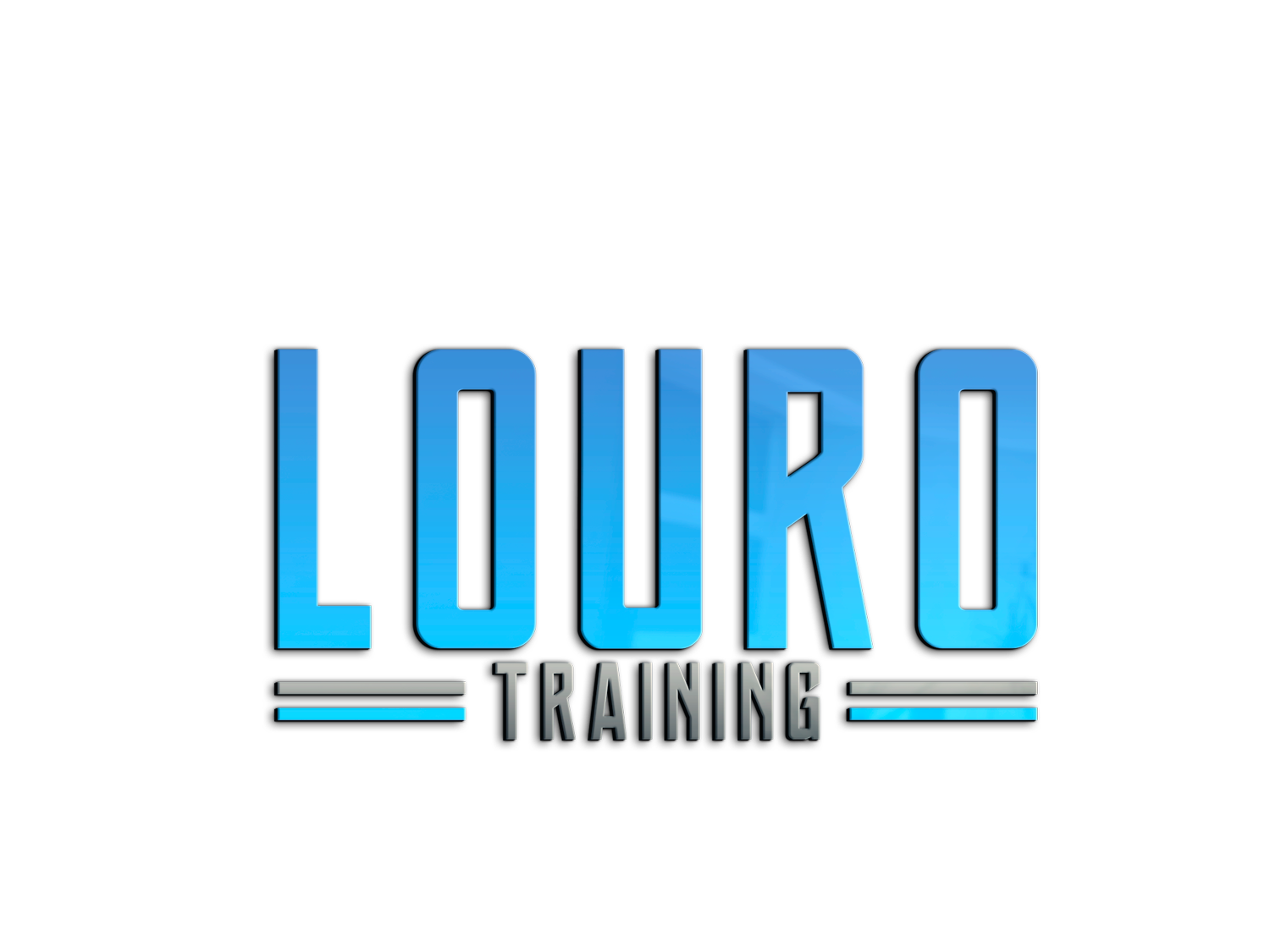Weight Loss & Hunger
We've all been there: a few days into a new diet, and hunger strikes. You’ve already used all of your willpower to get to the gym. Suddenly, you find yourself devouring an entire box of your kids’ cheddar bunnies. Whoops. It's disingenuous to pretend you won't experience hunger while trying to lose fat. Acknowledging this can help you stay committed to your goals. Combine this with a few scientific strategies to reduce the pains of hunger, and maybe your children won’t be so sad next time they open up the snack drawer!
The Reality of Hunger
When reducing calorie intake, hunger is inevitable. Your body is used to a certain amount of fuel, and when that decreases, it signals hunger. This doesn't mean you're failing; it's a normal physiological response. Reducing calories is 100% necessary for weight loss. Our bodies, over time, adapt to the average calorie intake we've been consuming. Naturally, when we reduce that number, we can experience hunger. As our bodies adapt to the new, lower caloric intake, we will feel less and less hunger over time.
The Science Behind Hunger
Hunger is regulated by complex interactions between hormones, the brain, and the digestive system. When you eat less, levels of the hormone ghrelin, which signals hunger to your brain, increase. At the same time, levels of leptin, the hormone that signals satiety, decrease. This hormonal shift is why you feel hungry when you start a calorie deficit. Over time, as your body adjusts to the lower caloric intake, these hormone levels stabilize, and hunger signals decrease.
Managing Hunger for Success
Although hunger is virtually inevitable while losing weight, employing strategies that will help reduce hunger can be the difference between succeeding and reaching your goals or not. By managing hunger effectively, you can maintain your calorie deficit without feeling constantly deprived.
Strategies to Manage Hunger
High-Protein Diets: Protein helps keep you full longer. Include lean meats, beans, and legumes in your meals. Protein increases the production of satiety hormones like GLP-1 and reduces the level of ghrelin, the hunger hormone.
Fiber-Rich Foods: Foods high in fiber, like fruits, vegetables, and whole grains, can help you feel satiated. Fiber slows digestion and promotes the release of hormones that signal fullness to the brain, like PYY and GLP-1.
Hydration: Sometimes, our bodies confuse thirst with hunger. Drinking plenty of water can help manage these signals. Proper hydration can help stretch the stomach and send signals to the brain that reduce the sensation of hunger.
Have a Plan: Planning when and what you eat can be immensely helpful. If you know you’ll be eating lunch in 45 minutes, it can make it easier to manage your hunger and bridge the gap. Having a structured meal plan helps avoid impulsive eating.
Food Density: Opt for foods that are low in calories but high in volume, such as vegetables and fruits. These foods can help you feel fuller without consuming too many calories. High-volume, low-calorie foods increase stomach distension and enhance satiety signals without adding a lot of calories.
Understanding that hunger is part of the weight loss journey helps in accepting it. This doesn’t mean suffering through intense hunger, but recognizing occasional hunger as a sign that your body is adapting. It's a signal of progress, not failure. The goal isn't to eliminate hunger but to manage it in a healthy way. Balance is key: using strategies to reduce hunger without constantly feeling deprived is crucial for long-term success. Changing your mindset towards hunger can be powerful. Reframing thoughts like "I'm hungry and I need to eat now" to "I'm feeling hungry, my body must be burning fat" can make the process more tolerable. View hunger as a temporary discomfort that leads to long-term gains. It's a sign that your efforts are working and your body is responding. Remember, the journey to weight loss is as much about mental resilience as it is about physical changes. By understanding and managing hunger, you're better equipped to achieve and maintain your weight loss goals. Stay strong, stay committed, and embrace the journey.
Yours truly,
Jake Louro
Louro Training
